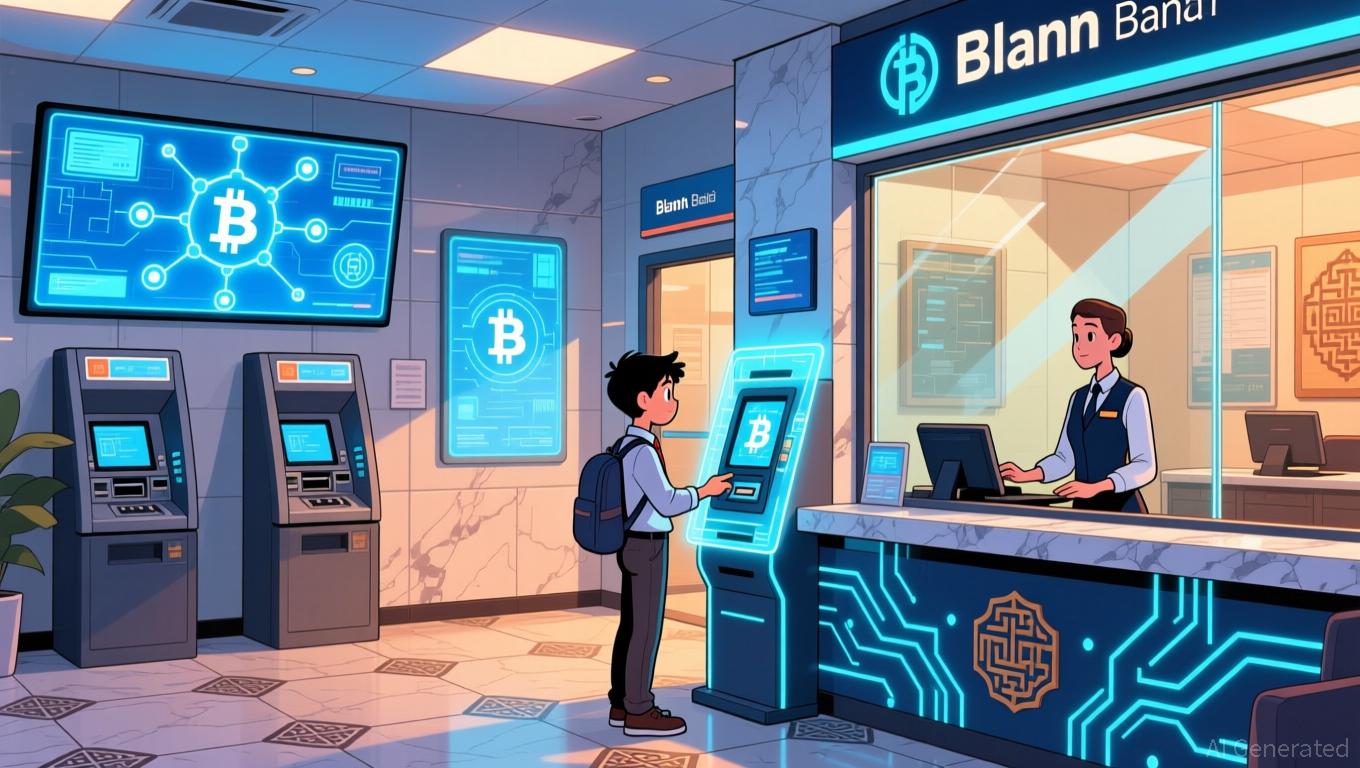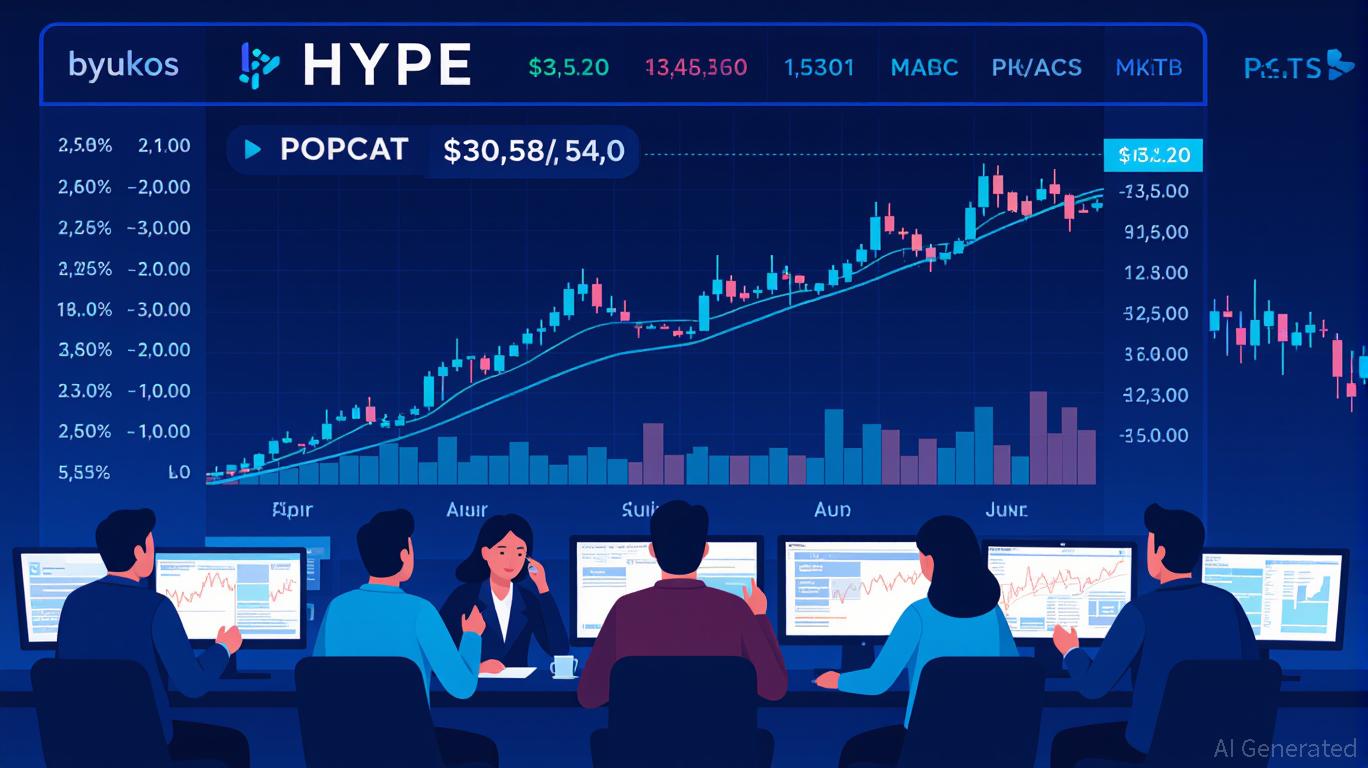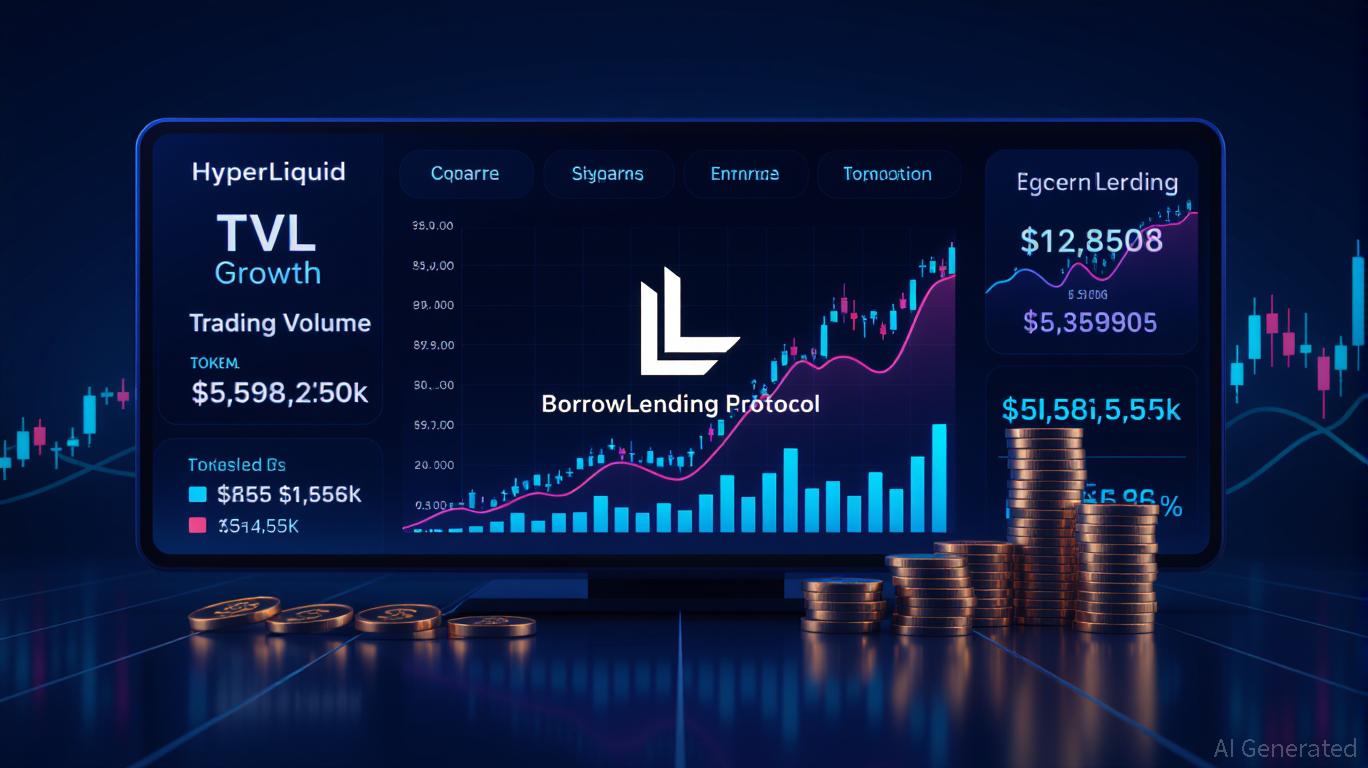Boring Co. Penalties Highlight the Challenge of Balancing Safety with Innovation
- The Boring Company faces a $493,297 fine for illegally dumping toxic drilling fluids into Las Vegas manholes, marking the largest penalty in Nevada's CCWRD history. - Nevada OSHA withdrew 2023 safety citations after legal review, citing unmet requirements for valid violations, raising concerns about regulatory enforcement consistency. - Critics highlight political pressure risks and legal loopholes, including Anti-SLAPP law tactics, that could hinder future accountability for high-profile tech ventures.
Elon Musk’s tunneling firm, The Boring Company, is under increased investigation after being hit with a $493,297 penalty from the Clark County Water Reclamation District (CCWRD) in Nevada for unlawfully disposing of drilling fluids into Las Vegas sewer systems. This record-setting fine for CCWRD resulted from the company releasing hazardous drilling mud—containing substances such as MasterRoc AGA 41S, which has reportedly caused chemical burns among workers—into public infrastructure. Inspectors discovered that dumping resumed after a temporary pause during official visits, leading the district to remove 12 cubic yards of contaminated material and recoup $131,297.08 in cleanup expenses, according to a
This incident has brought renewed focus to how Nevada OSHA has managed earlier violations involving The Boring Company. In 2023, the agency cited the company eight times for safety breaches, including risks of chemical exposure, but later rescinded some citations after legal assessment, as detailed in a
This controversy sheds light on the broader difficulties of overseeing major technology companies. The Boring Company’s ongoing environmental and safety issues—including previous conflicts over tunneling permits and worker injuries—have intensified demands for tighter regulation, according to a
The substantial fine also highlights the significant financial implications of infrastructure-related conflicts. CCWRD’s penalty is one of just two fines above $100,000 in the last three years, underscoring the gravity of The Boring Company’s conduct, as noted in the
Disclaimer: The content of this article solely reflects the author's opinion and does not represent the platform in any capacity. This article is not intended to serve as a reference for making investment decisions.
You may also like
The US spot Ethereum ETF saw a net outflow of $183.86 million yesterday.
Telcoin Closes DeFi Trust Divide by Launching the First Compliant Stablecoin
- Telcoin becomes first U.S. bank to launch eUSD, a regulated stablecoin backed by dollar deposits and Treasuries. - The Nebraska-chartered bank aims to bridge DeFi and traditional finance through transparent, reserve-backed blockchain solutions. - Global momentum grows with Japan's bank stablecoin pilot and USDsui's launch, signaling maturing digital asset infrastructure. - Regulatory scrutiny intensifies as DeFi exploits and enforcement actions highlight risks, positioning Telcoin's compliance model as a

Hyperliquid (HYPE) Price Rally: Exploring On-Chain Liquidity Trends and DeFi Market Sentiment Insights
- Hyperliquid's HYPE token surged to $40 in Nov 2025, driven by on-chain liquidity innovations and record $303B trading volume. - The BorrowLendingProtocol (BLP) testnet enables shared liquidity pools for USDC/PURR, potentially boosting platform utilization by 30%. - Whale deposits and leveraged positions signal institutional confidence, but technical indicators (RSI 46, negative MACD) suggest near-term bearish momentum. - A $4.9M POPCAT price manipulation incident exposed risks in leveraged memecoin tradi

The HYPE Token’s Rapid Rise: Is This a Passing Craze or a Genuine Opportunity in 2025?
- Hyperliquid's HYPE token shows strong DeFi fundamentals with $2.41B TVL and 35.9% MoM trading volume growth, driven by innovations like BorrowLendingProtocol (BLP) and $521M buybacks. - Market sentiment remains mixed: $40 price near RSI 46 with bearish MACD, but boosted by $90M monthly staking rewards and institutional backing from $583M merger treasury. - Falcon Finance's FF token collapsed 75% after 2.34B tokens flooded liquidity pools, contrasting HYPE's institutional credibility and highlighting spec
